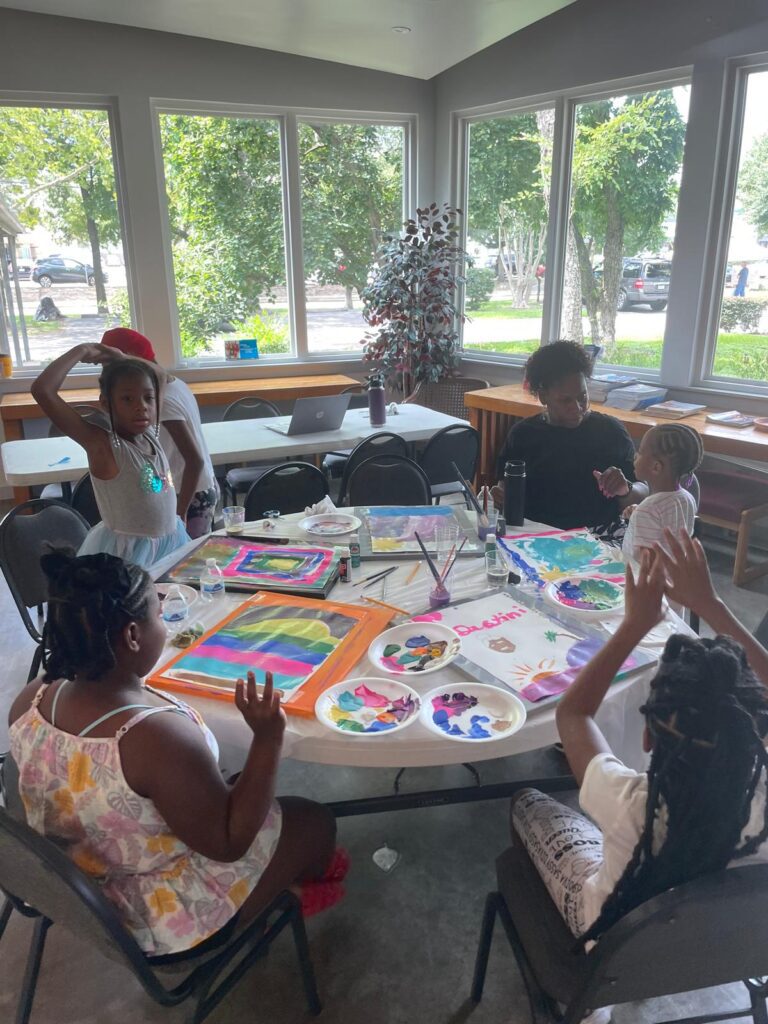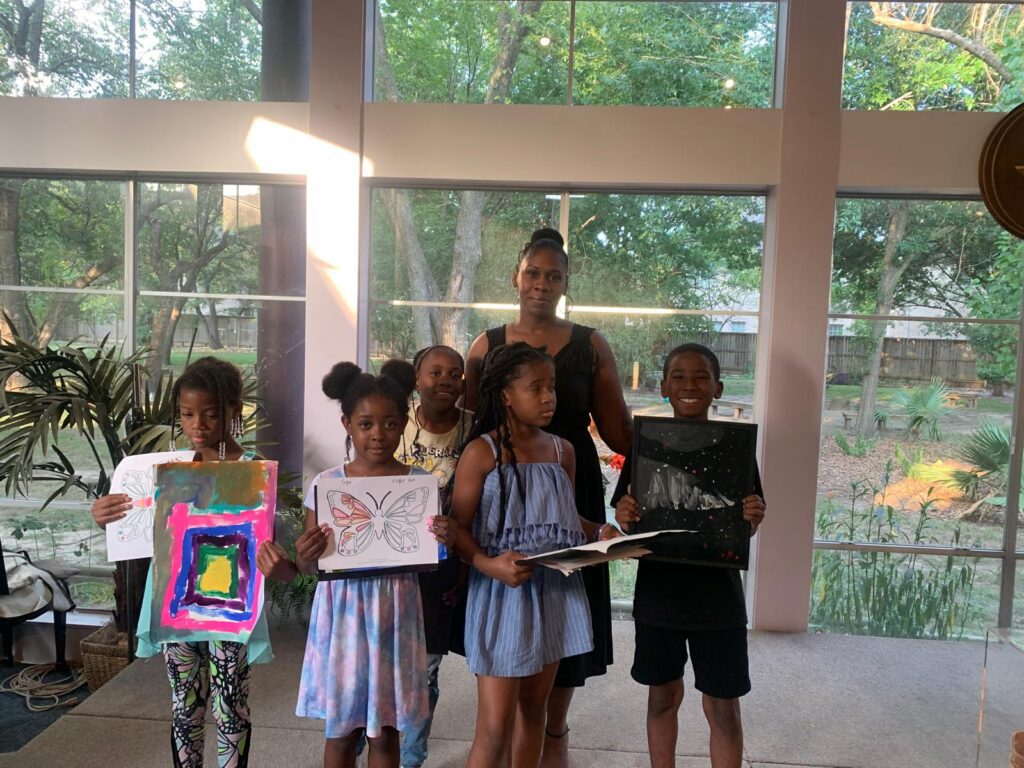Why We Are Here
UCEC Student-Centered Teaching and Learning
Our approach revolves around placing the student at the heart of their educational journey. By prioritizing their needs, interests, and individual learning styles, we create an environment where students thrive. Through interactive lessons, personalized attention, and hands-on experiences, we aim to instill a love for learning and empower students to reach their full potential. At UCEC, we are committed to nurturing curious minds and fostering a lifelong passion for knowledge.”


UCEC Student-centered teaching and learning
United Colours Learning Center focuses on the needs, abilities, interests, and learning styles of each student and has many implications for the design of curriculum, course content, and interactivity in the learner’s environment. Accordingly, a prominent pedagogy will be teacher-as-coach, to provoke students to learn how to learn and thus to teach themselves, rather than the more traditional teacher-centered learning with teacher-as-deliverer-of-instructional-services, which places the teacher at its center in an active role and students in a passive, receptive role. This pedagogy acknowledges the student’s voice as central to the learning experience and requires students to be active, responsible participants in their learning. To capitalize on this, teaching and learning should be personalized to the maximum feasible extent. Decisions about the details of the course of study, the use of students’ and teachers’ time, and the choice of teaching materials and specific pedagogies must be unreservedly placed in the hands of the staff and students.
What the Director Eryon N. McCary of UCEC think about caring
What We Care For Today's environmental and social challenges necessitate that we change behavior.
Transforming: Practice is reflected in student outcomes
Students take leadership after instruction, present their work, and facilitate groups. Students take ownership of their reading, writing, and learning to develop, test, and refine their thinking. Students engage in talk that is accountable to the text or task, the learning community, and standards of reasoning. Learning is negotiated and directed by students.
The content and delivery of instruction is culturally responsive and respects and builds on the diverse resources and experiences of the learner’s environment. UCEC’s community uses best practices in language acquisition to support diverse academic development in multiple languages.
Students work in flexible, cooperative small groupings to solve problems and analyze texts to demonstrate understanding of a task or concept through multiple perspectives.
UCEC supports the inclusion of all students, including Spanish-language learners and special needs students, in regular academic environments through the use of best practices, such as certified instructors, differentiated classroom settings, qualified aides, and individualized learning plans.
